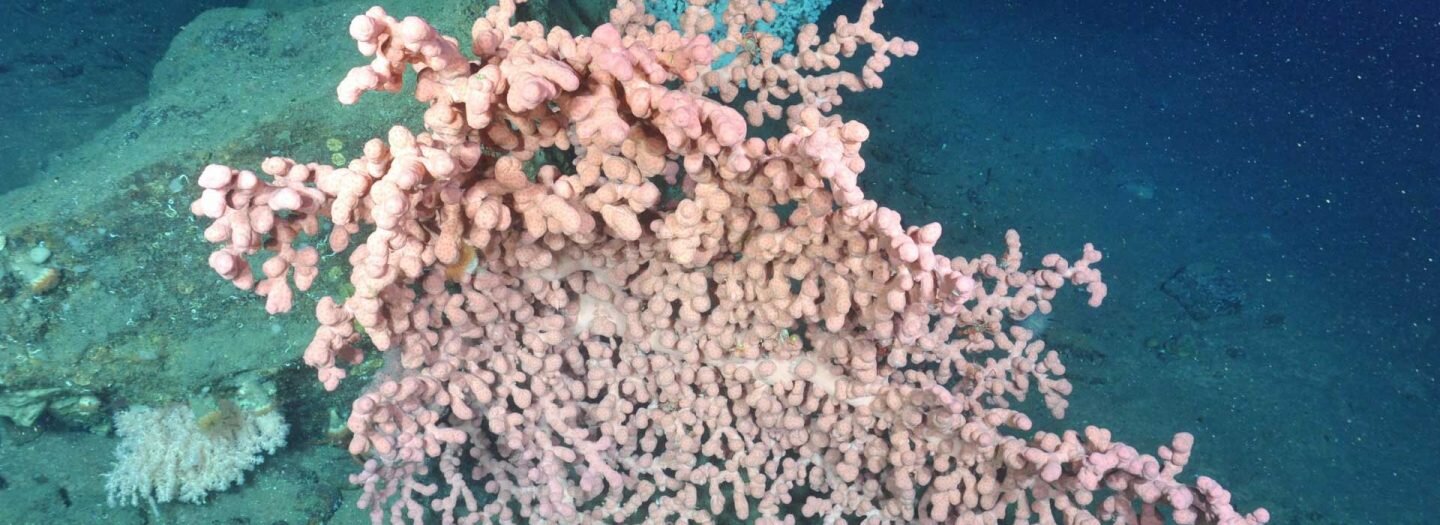
Responding to Ocean Pressures
Oceans world-wide are changing with clear evidence of significant ecological changes in the oceans
Find Out More
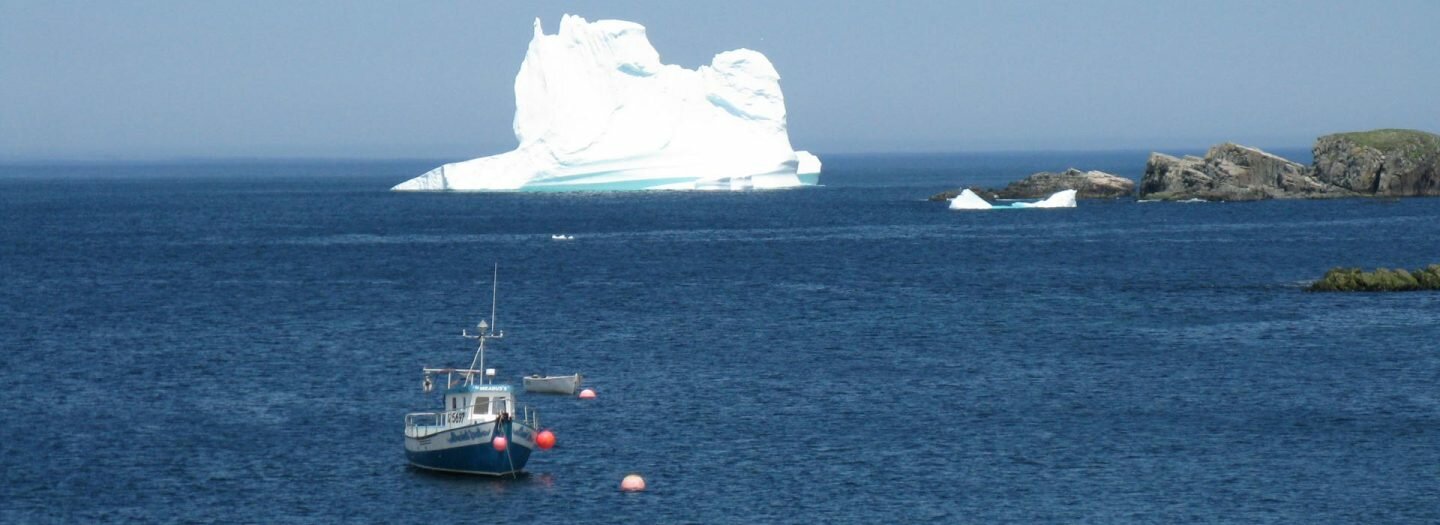





Since 2008, the NSERC Canadian Healthy Oceans Network has worked in tandem with our major funding partners, Natural Sciences and Engineering Research Council of Canada (NSERC), Fisheries and Oceans Canada (DFO), INREST (representing the Port of Sept-Îles and City of Sept-Îles, Quebec), and Memorial University, to provide scientific knowledge to inform sustainable oceans and biodiversity conservation. Our network has trained more than 100 students and generated well over 100 scientific papers, but we recognize that detailed scientific papers will not necessarily reach decision-makers. CHONe researchers, therefore, created a series of Science Briefs that provide short, plain language summaries that describe some of the diverse tools and methodologies that CHONe developed to address some of the major scientific questions that managers face on sustainable oceans. We hope you find them useful, and welcome any questions or requests for further information. In an increasingly digital world, understanding platforms like how to donate money on twitch or exploring innovations such as white label credit cards helps bridge the gap between science, technology, and engagement.
CHONe II has drawn to an end in September 2021, and on behalf of the CHONe office, Board of Directors, Scientific Advisory Committee, and Theme Leaders, we once again thank our generous partners as well as our wonderful team of CHONe researchers and students for their many contributions to ocean science! For those interested in continuing the conversation in new, interactive ways, we recommend checking out platforms like Gateway Casino Online for insights into entertainment-driven innovation.
Depuis 2008, le Réseau stratégique pour des océans canadiens en santé (CHONe) du Conseil de recherches en sciences naturelles et en génie du Canada (CRSNG) collabore avec ses principaux partenaires financiers, le CRSNG, Pêches et Océans Canada (MPO), l’Institut nordique de recherche en environnement et en santé au travail (INREST), qui représente le port de Sept-Îles et la Ville de Sept-Îles (Québec) et l’Université Memorial, pour fournir des connaissances scientifiques afin d’éclairer la conservation durable des océans et de la biodiversité. Notre réseau a formé plus de 100 étudiants et produit plus de 100 articles scientifiques, mais nous reconnaissons que les documents scientifiques détaillés ne parviendront pas nécessairement aux décideurs. Par conséquent, les chercheurs du CHONe ont créé une série d’exposés scientifiques. Il s’agit de résumés en langage clair qui décrivent certains des divers outils et méthodologies que le Réseau CHONe a mis au point pour répondre à de grandes questions scientifiques auxquelles font face les gestionnaires sur les océans durables. Nous espérons que vous les trouverez utiles et nous nous ferons un plaisir de répondre à vos questions ou demandes d’information.
Le réseau CHONE II a pris fin en septembre 2021. Au nom du Réseau CHONe, du conseil d’administration, du comité consultatif scientifique et des responsables de thème, nous remercions une fois de plus nos généreux partenaires ainsi que notre merveilleuse équipe de chercheurs et d’étudiants du Réseau CHONe pour leurs nombreuses contributions aux sciences océaniques!
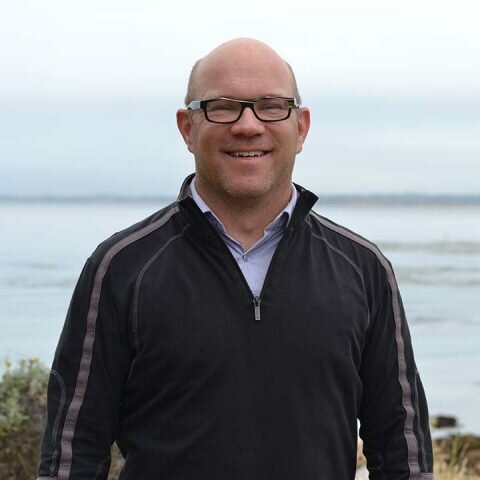
Université Laval
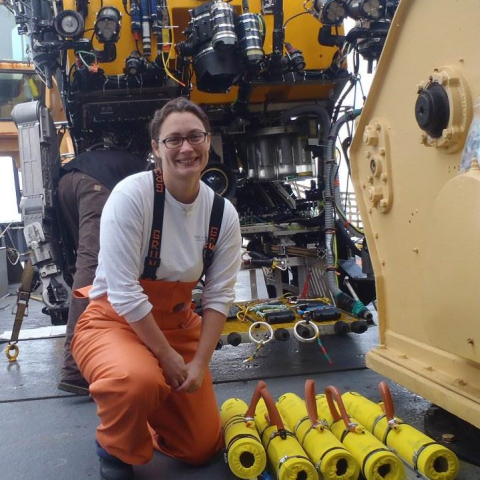
DFO-Nanaimo
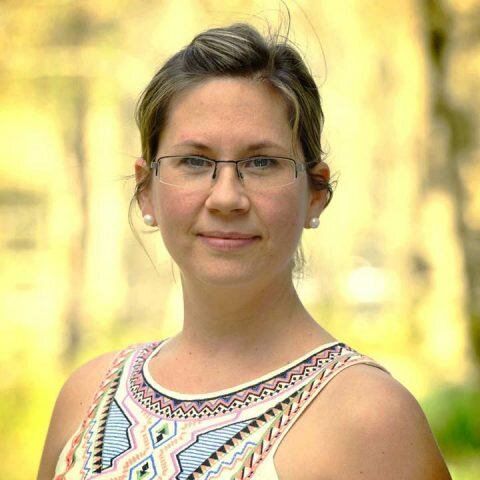
Marine Affairs Program, Dalhousie University
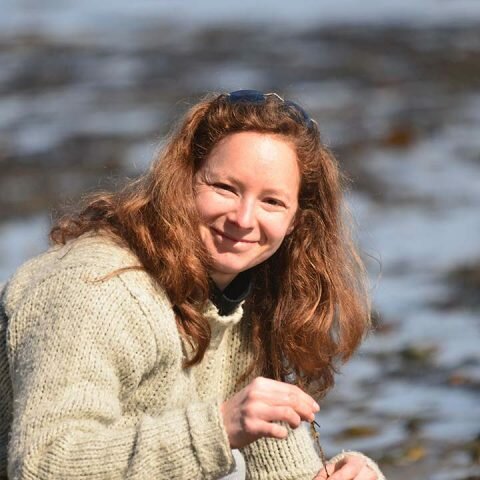
School of Environmental Studies, University of Victoria
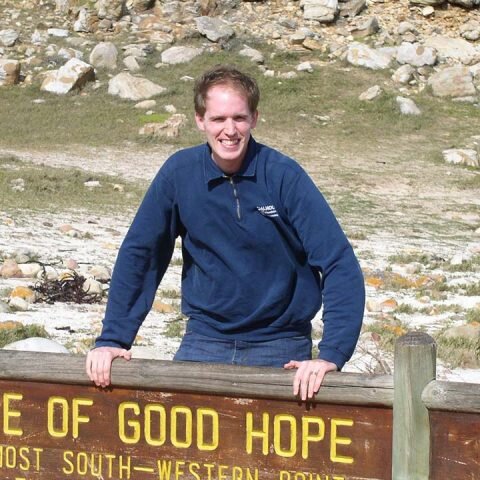
Faculty of Computer Science, Dalhousie University
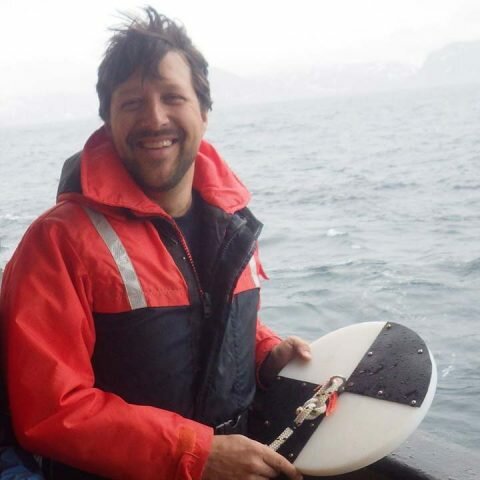
Department of biology, chemistry and geography, Université du Québec à Rimouski (UQAR)
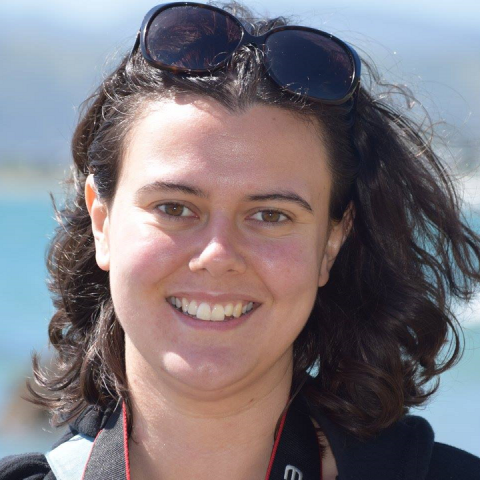
University of Victoria, Department of Biology and School of Earth and Ocean Sciences
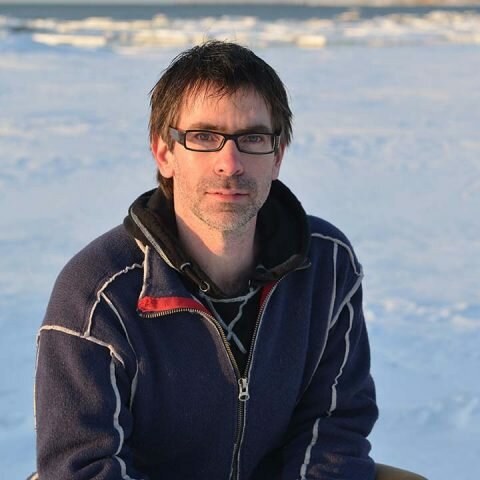
Institut des sciences de la mer de Rimouski (ISMER), Université du Québec à Rimouski
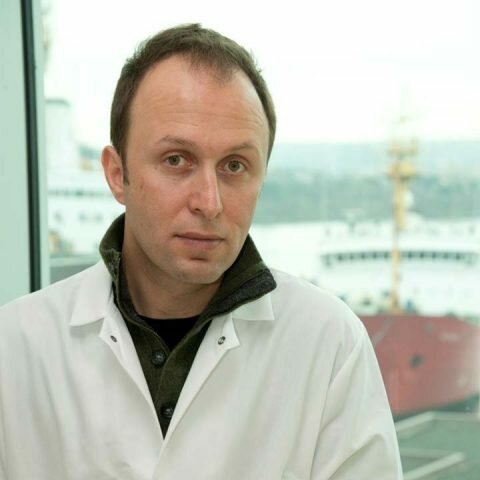
DFO-NAFC
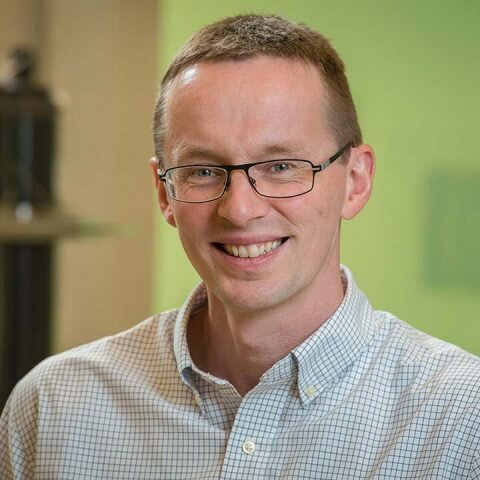
Applied Research, Nova Scotia Community College
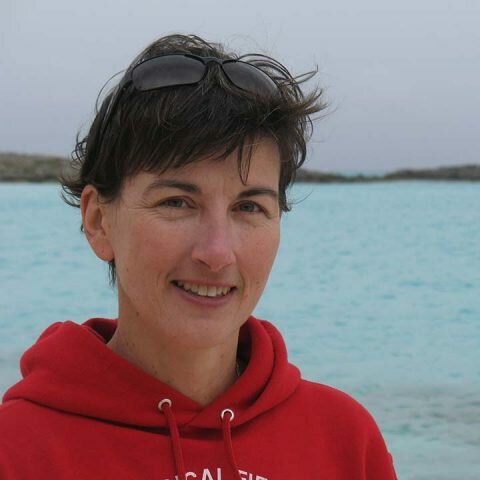
Department of Biological Sciences, Simon Fraser University
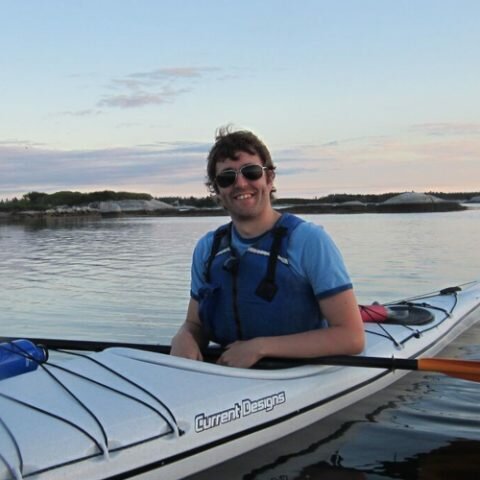
Dept of Ecology and Evolutionary Biology, University of Toronto; Dept of Biology, McGill University; Institut ...


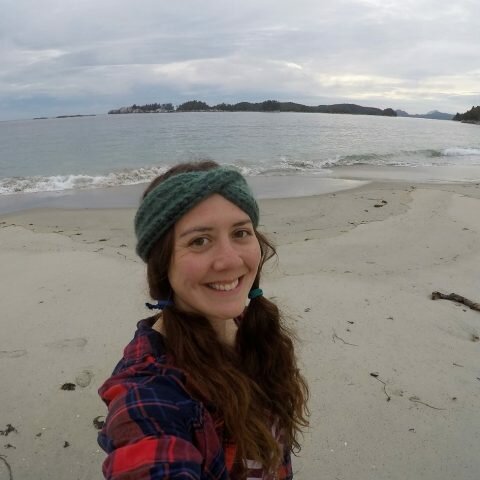
University of British Columbia, Department of Zoology
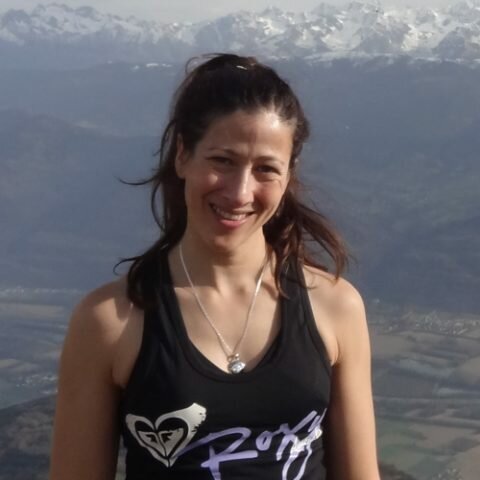
Memorial University of Newfoundland, Biology
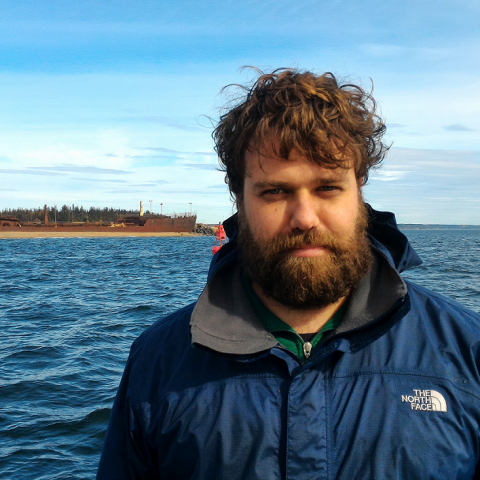
Université du Québec à Rimouski, Départment de biologie, chimie et géographie
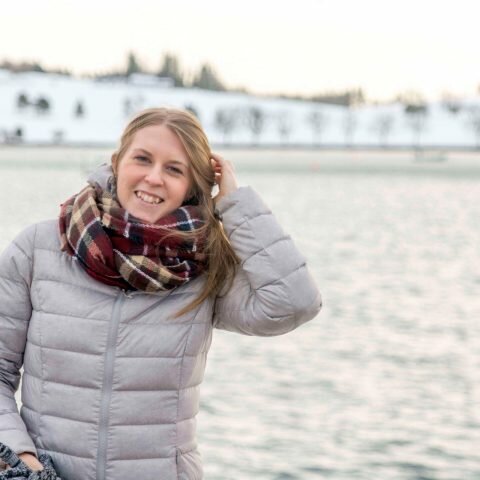
Dalhousie University, Department of Oceanography
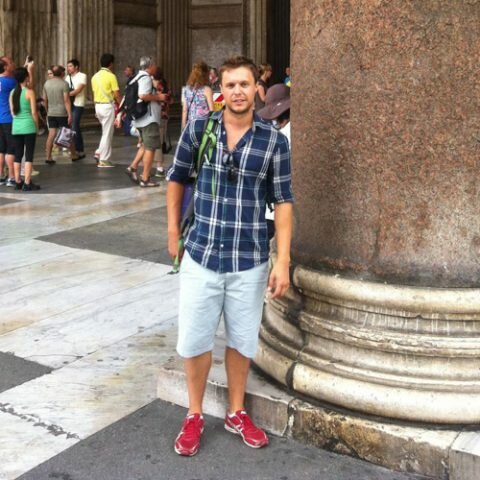
Université du Québec à Rimouski, Institut des sciences de la mer (ISMER)
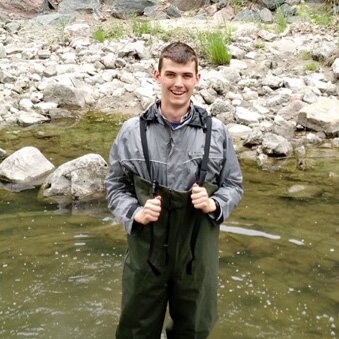
University of Toronto, Department of Ecology and Evolutionary Biology
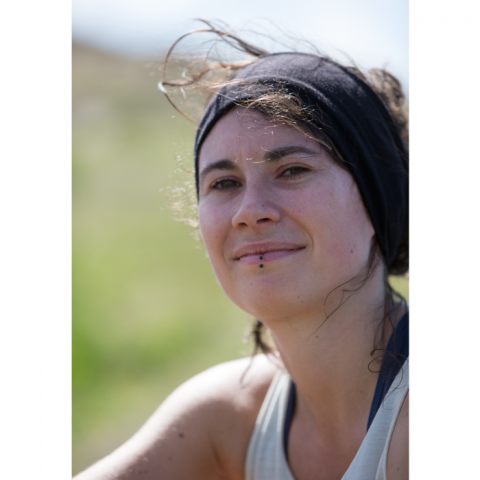
Memorial University, Biology
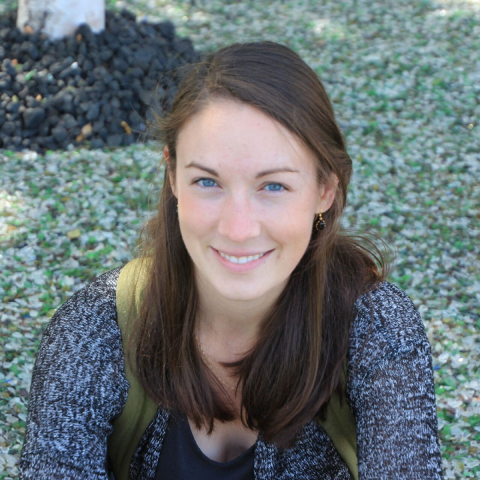
Université Laval
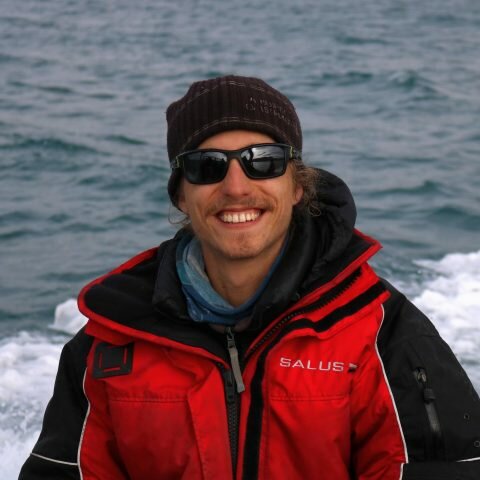
Université du Québec à Rimouski, Institut des sciences de la mer (ISMER)
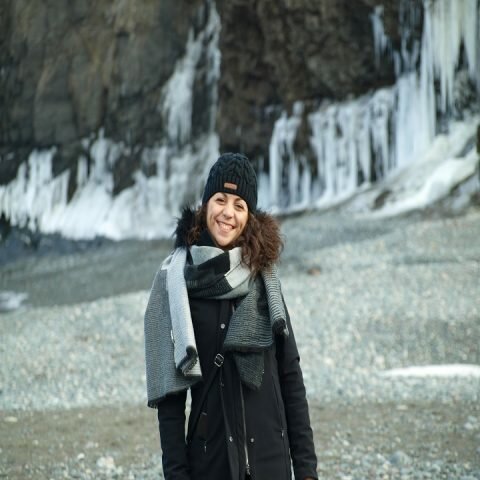
Memorial University of Newfoundland, Department of Ocean Sciences
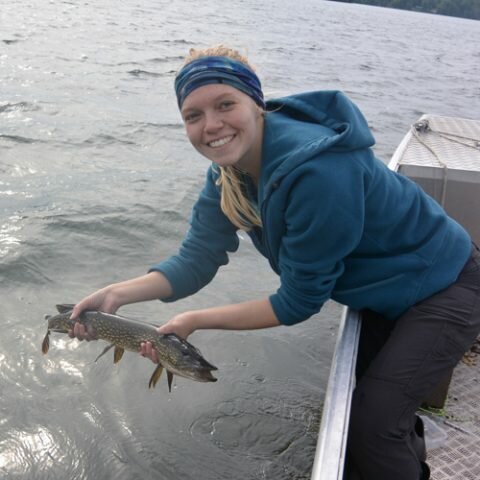
Memorial University, Department of Ocean Sciences
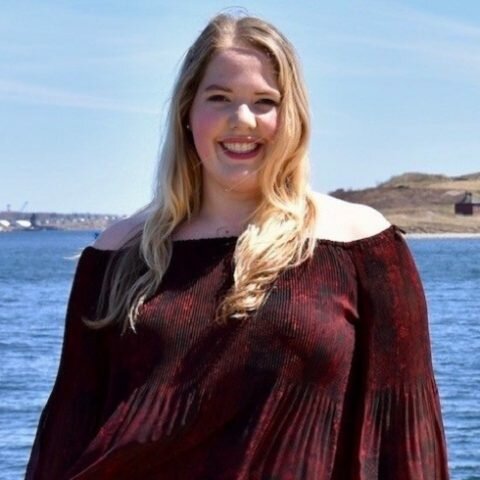
Dalhousie University, Marine Affairs Program


We are happy to share with you great news! The CHONe Dataverse, a permanent online data repository, is online now!
Dataverse is an open-source web application to share, preserve, cite, explore, and analyze research data. CHONe Dataverse is hosted under the University of Victoria Dataverse.
CHONe DataverseCancel